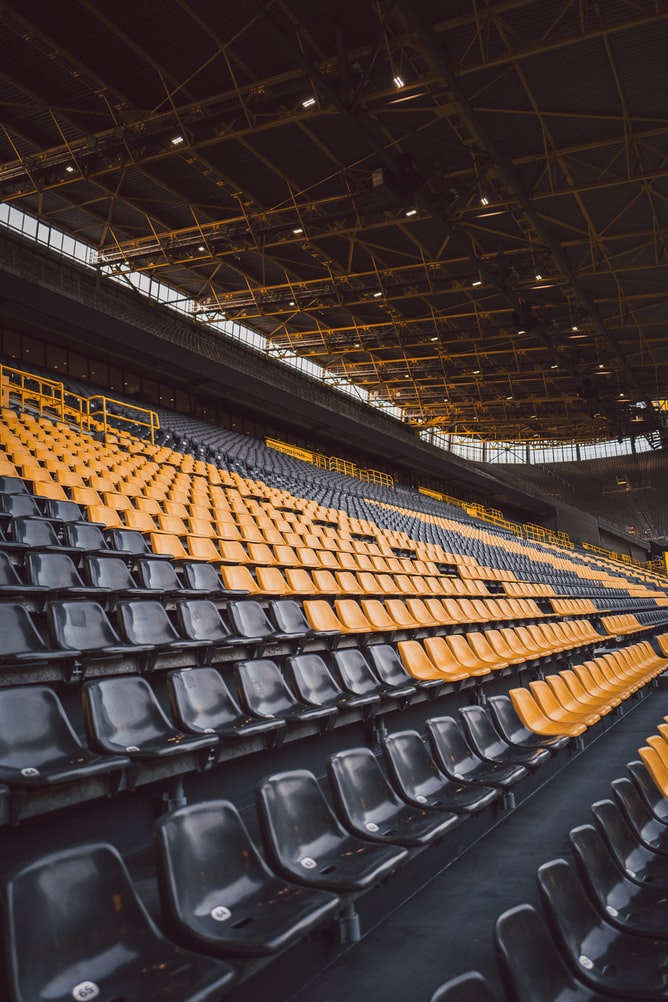Sports are a social event. There is a certain camaraderie in being surrounded by thousands of people on a hot autumn day cheering on the same college football team. You are all wearing the same colors and eating the same food.
Whether it is football, baseball or even bowling, the benefit of sports in relation to society is astounding. In an academic article on the social impact of sports, published in Taylor and Francis Online, international lawyer Ingrind Beutler points out the following benefits: “Through sport and physical education, individuals can experience equality, freedom, and a dignifying means for empowerment particularly for girls and women, for people with a disability, for those living in conflict areas and for people recovering from trauma.
While we are in the midst of a world pandemic that has caused the postponement of the Olympics and practically every other sporting event, the question arises: What will be the social impact of the cancellation of sports?
There are obvious economic impacts. Take college football, for example. An article by Business Insider said that the University of Texas brings in $182 million a year of athletic revenue, with 70% percent of that total coming from football. This is just one school. Universities that rely heavily on the revenue from football will have to make up for that money in some other way. With only 143 days separating us from college football season, decisions about whether or not to postpone games will have to be reached soon.
For athletes themselves, it can be difficult to maintain a positive mental state during this time. In an article by ESPN on athletes’ mental health during this time, Rebecca Colasanto, the system director of behavioral health for Bristol Health, said that playing sports “helps [athletes] feel better because routines help people feel good.”
She added, “Not only do they have to encounter possibly the different emotions as if you were grieving the loss of a loved one, they’re also having to create a schedule outside of what they’re used to and from home.”
But what about the fans?
Little research has been done about the impact of sporting events on the audience, but we can make a healthy assumption that not being able to watch regularly scheduled games has been difficult. Longtime sports fan and Asbury junior Jesse Green agreed that not having sports is impacting his day-to-day life.
“The cancellation of most sporting activities around the world has resulted in television being left with little new quality programming for the time being,” he said. “Stations like ESPN cannot even have sports news shows because hardly anything is happening in that world besides a few athletes testing positive for the virus. For big sports fans like myself, it makes it difficult to find other things to fill all this newfound free time.”


